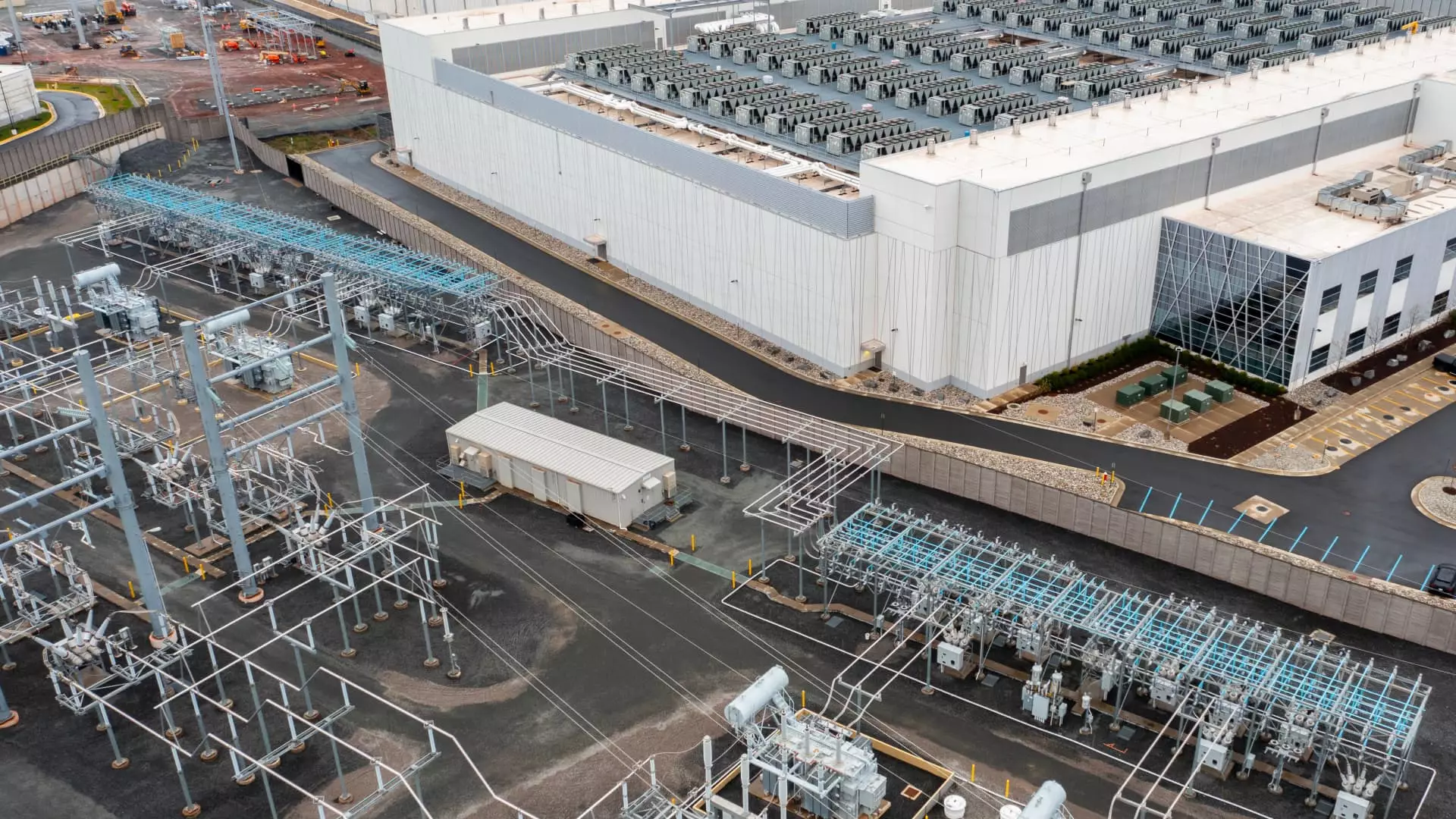The ambitious initiative by technology companies to harness nuclear energy for artificially intelligent operations has encountered a significant hurdle. Recently, the Federal Energy Regulatory Commission (FERC) made headlines by denying a pivotal request from Talen Energy, which sought to augment the power output from its Susquehanna nuclear plant to an Amazon data center facility. This decision comes on the heels of Talen Energy’s March sale of the said facility to Amazon for a staggering $650 million, marking an unprecedented venture into nuclear energy as a direct power source for data centers. The FERC’s rejection not only affects Talen; it casts a shadow over similar prospective partnerships, contains the potential for economic ramifications, and raises questions on future energy sustainability for the tech sector.
The fallout from FERC’s denial was immediate and palpable in the stock market. Talen Energy’s shares sunk more than 5% in premarket trading following the ruling. Simultaneously, major players like Constellation Energy and Vistra Corp experienced substantial dips in their stock values, with declines of over 11% and nearly 3%, respectively. Investors had banked on the prospect of these companies forming similar arrangements akin to the Talen-Amazon deal. The market’s responsiveness indicates a strong belief that the tech sector’s increasing energy demands could provide a lucrative opportunity for energy producers who can adapt to supply clean and reliable power sources.
The proposal in question intended to elevate the power output directed to the Amazon data center from the current specified 300 megawatts up to a hefty 480 megawatts. FERC Commissioner Mark Christie emphasized the potential benefits of this arrangement, stating that it could foster grid reliability and impact consumer costs favorably. The term “co-location,” referenced throughout the discussions, highlights the growing trend of situating power generation facilities near substantial consumers of energy, notably in the burgeoning AI sector. By prioritizing energy efficiency and sustainability, these technological entities are striving to tactfully navigate the complexities of energy procurement.
Following the ruling, Talen Energy expressed apprehension about the repercussions this decision might have on economic progress across states such as Pennsylvania, Ohio, and New Jersey. The organization underscored that the inability to increase power availability would discourage innovation and investment in the energy sector, stalling potential job creation and infrastructure development. As a direct response to FERC’s ruling, Talen announced it would assess its options for redefining its commercial strategies to adapt to this evolving landscape, focusing on sustainable approaches to energy supply while weighing the risks tied to regulatory constraints.
Despite the reduction in power levels, Talen noted that the Amazon data center remains capable of utilizing the existing 300 megawatts. The company contends that the original arrangement proposed is reasonable and satisfactory for consumers, underlining the palpable conflict at play between energy provision and regulatory scrutiny. Conversely, while the decision does not directly inhibit Constellation’s plans to revive the Three Mile Island nuclear plant by 2028 in accordance with a power purchasing agreement with Microsoft, it does raise questions. This indirect power supply to the grid, rather than directly to data centers, might not wholly assuage the burgeoning energy appetite of cloud-based operations.
The surge in energy consumption driven by data centers focused on AI and cloud computing is undeniably compelling. With an urgent need to secure reliable and sustainable energy means, tech companies are increasingly exploring nuclear energy options given its carbon-free bounties and consistent outputs. As the industry navigates these multifaceted challenges, utilities are pressed to innovate and adapt in accordance with rising demand pressures. Notably, stock performances for firms like Vistra and Constellation hint at the promise investors see in this uncharted marriage of technology and nuclear power.
The rejection of Talen Energy’s request by the FERC represents more than a setback for one company; it symbolizes the intricate intersection of technology’s relentless advance and the regulatory frameworks meant to ensure energy security. As tech giants and energy producers alike seek innovative energy solutions, the regulatory dynamics will be critical in determining the future landscape of energy for AI and beyond.

